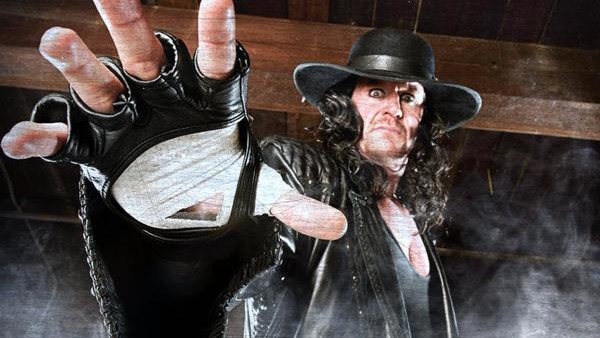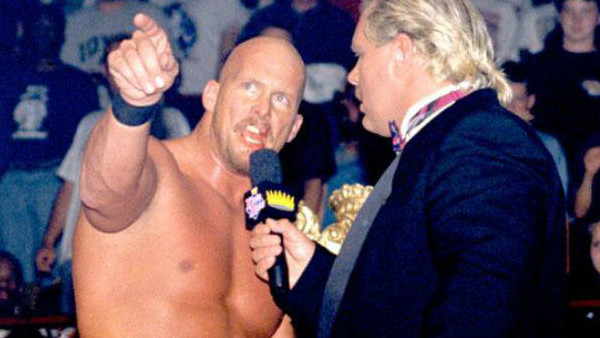10 Pieces Of History That WWE Love To Change
Are you sure that's how it happened?

History is written by the winners. We know this thanks to centuries of winners that have told us as such.
In professional wrestling, the winner was WWE. Whether or not they were your favorite company growing up - or if they are your favorite company now - of the many organizations over the years that have tried their hand at fame and fortune within the wrestling business, it is the McMahon family empire that outlasted them all and made it to the top. As such, you can expect that they will from time to time do a bit of history writing themselves.
Even still, WWE is often fairly heavy handed when applying the Wite-Out to the big book of wrestling history. While many of WWE's historical changes are more changes of perspective than they are complete alterations, what's particularly fascinating about them is that many make changes to a period that thousands of wrestling fans remember quite well. So much so that the slightest alterations feel that much more noticeable.
Of course some historical revisions, such as these ten, are brought up so often that you might actually start to believe them yourself.
10. The Immediate Impact Of The Austin 3:16 Promo

Sometimes, WWE changes history in order to bring shame upon another company or help themselves to save face. Other times, it is used more like film editing to help streamline certain events and present them in a more cinematic manner.
There is perhaps no more notable instance of the later case than WWE's telling of the Steve Austin story. While Austin's time in WCW, ECW, and his early days as The Ringmaster are all handled pretty accurately, things fall apart when it comes to the infamous Austin 3:16 promo. According to WWE documentaries, the basic timeline of this period states that Austin rose to super-stardom immediately after his King of the Ring win. While Stone Cold certainly started to gain traction around that time, saying that is a lot like saying that Daniel Bryan became a WWE star the moment he invented the "Yes" chant.
In both cases, what's missing is months of both men floundering in the mid-card while WWE figured out what they had. In the case of Austin this approach is particularly detrimental, as it often skips over some incredible character development that he did during this time period as well as marginalizes the significance of his rivalries with Bret Hart and Brian Pillman in terms of getting himself over to a main event level.
WWE's modern take on the rise of Stone Cold is certainly more dramatic than the actual version, but in presenting it in the manner they do WWE downplays the time and effort it takes to get a star to the heights that Austin reached by boiling it down to a moment.